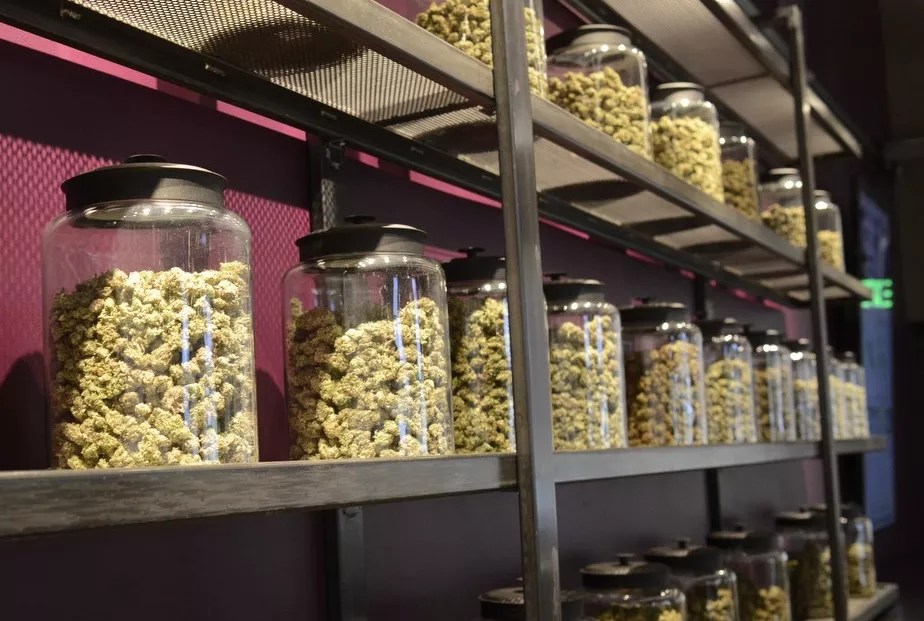
Westword

Audio By Carbonatix
Dear Stoner: It’s pretty simple why weed sales are down: inflation. Weed, like everything else, is now more expensive. Not sure why people are surprised.
Pauline
Dear Pauline: Everything but weed. As inflation tops 9 percent in metro Denver and hovers above the national average across the rest of the state, cannabis has actually become much cheaper. From January 2021 to April 2022, the wholesale price per pound of flower fell over 46 percent on average in Colorado, according to the state Marijuana Enforcement Division; it’s now less than $800. During the same period, the price per pound for buds allocated for extraction fell about 55 percent on average, to less than $230. Monthly dispensary sales revenue has also fallen off significantly, shrinking on a year-to-year basis for nine months straight.

Vices have proven to be recession-proof, and cannabis prices always go back up eventually
Scott Lentz
All of those are ingredients for cheaper weed. I’m seeing $30 price tags on eighths from Cookies and Snaxland on South Broadway; last year, those same brands were commanding closer to $60. Premium concentrate prices haven’t dropped as drastically, but I’m not seeing $90 grams of rosin anymore, that’s for sure. Inflation is still probably affecting dispensary sales, though: When rent, gas and seemingly everything else costs more, extracurricular budgets go down. Vices have proven to be recession-proof, though, and cannabis prices always go back up eventually.
Send questions to marijuana@westword.com.